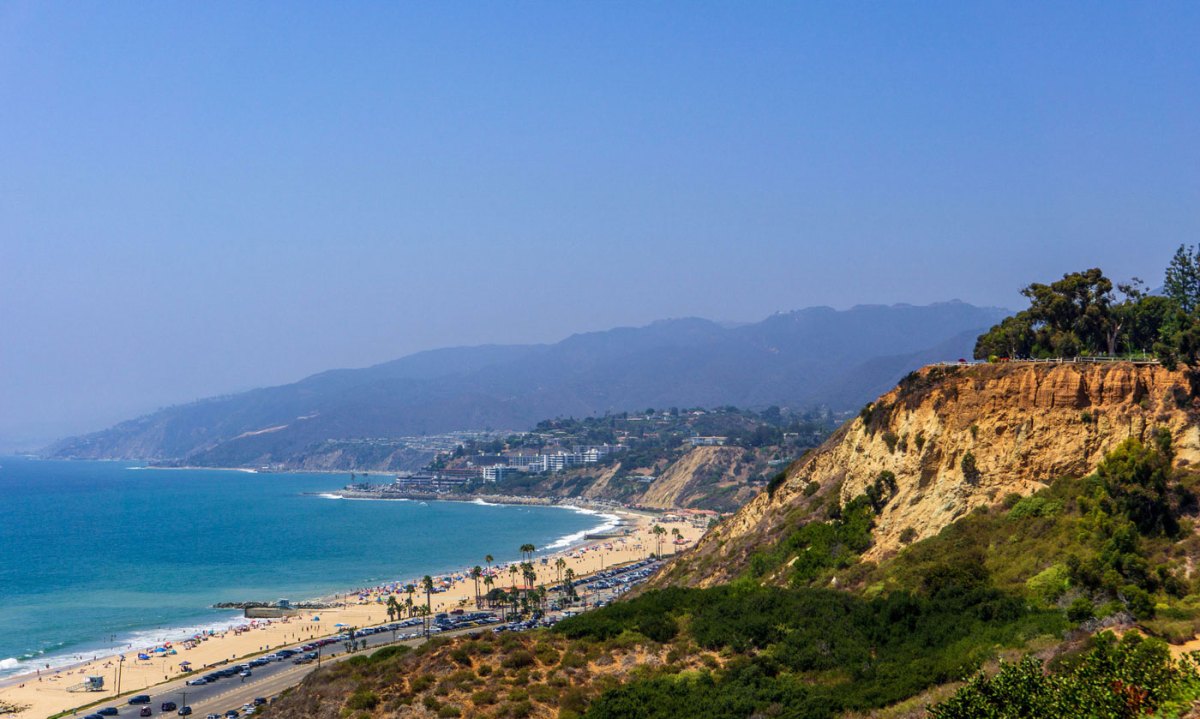Pacific Palisades: The celebrity Los Angeles area ravaged by wildfire, paints a vivid picture of devastation and resilience. This affluent coastal community, known for its stunning ocean views and high-profile residents, has faced the brutal reality of wildfires repeatedly. We’ll explore the history of these fires, their impact on both the environment and the famous faces who call Pacific Palisades home, and the community’s ongoing efforts to prevent and mitigate future disasters.
We’ll delve into the unique challenges faced by wealthy residents alongside their less affluent neighbors during recovery, and examine the long-term effects on the economy and environment.
From the geographic features that make the area both beautiful and vulnerable to the specific challenges faced by those who live there, we will examine how the community has adapted and rebuilt after previous wildfires. We’ll uncover the role of local government, community organizations, and individual residents in preparedness and recovery efforts, illustrating both the strengths and weaknesses of the community’s response to this ongoing threat.
Geographic Location and Demographics of Pacific Palisades
Pacific Palisades, a prestigious neighborhood in Los Angeles, is nestled between the Pacific Ocean and the Santa Monica Mountains, offering breathtaking views and a unique geographical setting. Its affluent demographic is characterized by high socioeconomic status and a notable concentration of celebrities.
Geographical Features of Pacific Palisades
The neighborhood’s dramatic topography includes steep canyons, rugged hillsides, and a stunning coastline. This creates a visually striking landscape, but also presents challenges, particularly concerning wildfire risk. The proximity to the ocean provides a mitigating factor in some areas, but the strong Santa Ana winds can quickly change fire behavior.
Demographic Makeup of Pacific Palisades
Pacific Palisades boasts a population with a significantly higher median income and home values than the Los Angeles average. Many high-profile celebrities choose to reside here due to the privacy, security, and upscale lifestyle it offers. This concentration of wealth influences the neighborhood’s character and resources.
Comparison with Other Affluent Los Angeles Neighborhoods
| Neighborhood | Population Density (per sq mi) | Median Home Price (USD) | Notable Features |
|---|---|---|---|
| Pacific Palisades | Estimate: Relatively low due to large lot sizes | Estimate: Very High (millions) | Ocean views, mountain setting, celebrity residents, quiet residential streets |
| Beverly Hills | Estimate: Moderate to High | Estimate: Very High (millions) | Luxury shopping, iconic hotels, celebrity homes, formal landscaping |
| Bel Air | Estimate: Relatively low due to large lot sizes | Estimate: Very High (millions) | Grand estates, gated communities, expansive views, exclusive atmosphere |
History of Wildfires in Pacific Palisades: Pacific Palisades: The Celebrity Los Angeles Area Ravaged By Wildfire
The history of Pacific Palisades is intertwined with the recurring threat of wildfires. The neighborhood’s unique geography, coupled with the unpredictable Santa Ana winds, creates a high-risk environment. Understanding past fire events is crucial for effective prevention and mitigation.
Timeline of Significant Wildfires
While a comprehensive, publicly accessible database detailing every fire in Pacific Palisades is unavailable, significant fires have occurred, causing substantial damage and prompting community-wide responses. These fires often highlight the need for improved preventative measures and emergency preparedness. Information about specific dates, causes, and damage extent often needs to be gathered from local news archives and fire department reports.
Impact on Local Environment and Infrastructure
Wildfires in Pacific Palisades have severely impacted the local environment, resulting in habitat loss, soil erosion, and air pollution. Infrastructure, including roads, power lines, and homes, has also suffered significant damage. The recovery process is lengthy and expensive, requiring extensive community effort and resource allocation.
Visual Representation of Wildfire Spread
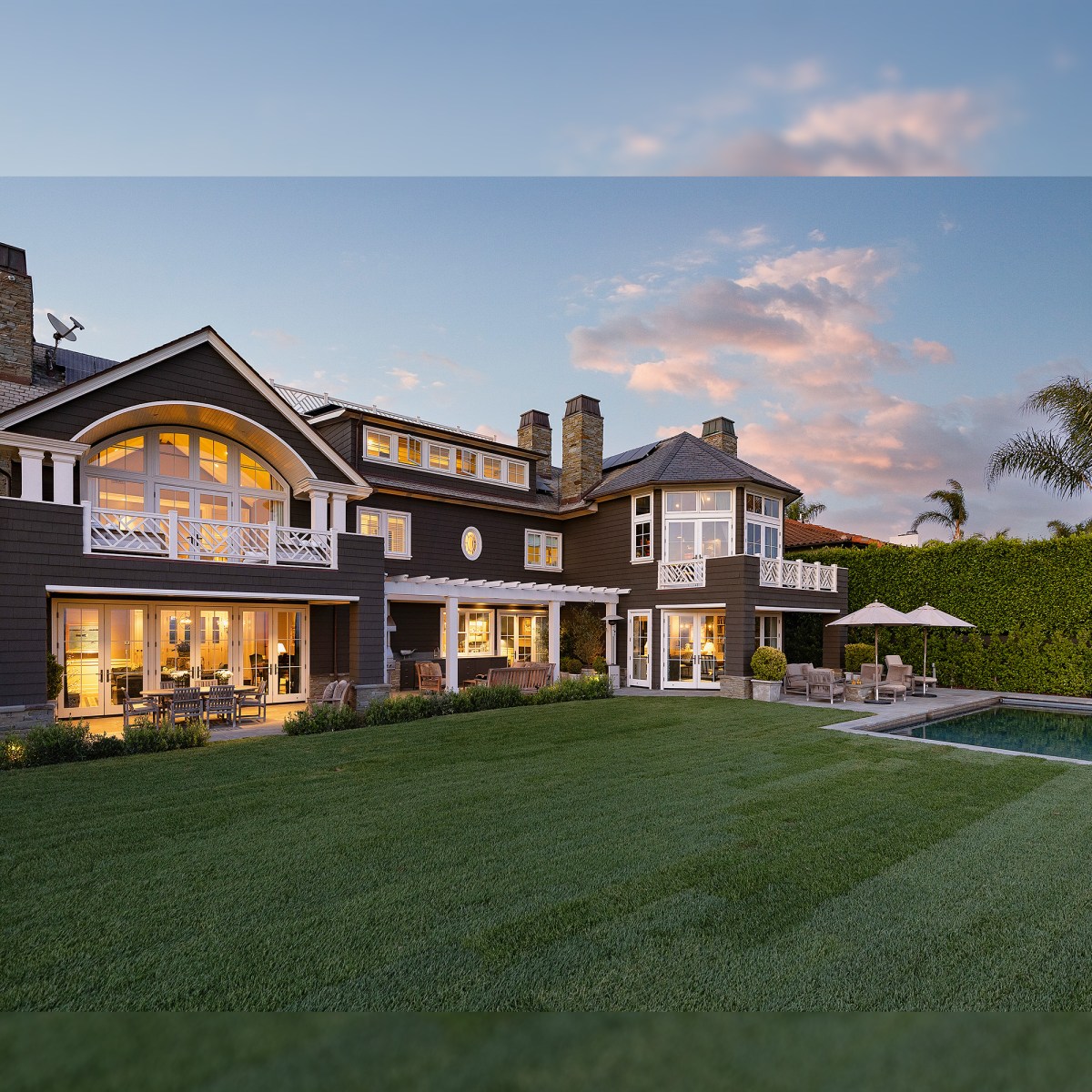
Imagine a map of Pacific Palisades. The steep canyons act as natural channels, funneling the wildfire’s path downwards. The Santa Ana winds, typically blowing from the northeast, would push the flames across the hillsides, creating a rapid spread. Areas with denser vegetation would burn more intensely, while open spaces might offer temporary barriers. The coastline acts as a natural firebreak in many cases, but strong winds could carry embers across significant distances.
Impact of Wildfires on Celebrity Residents and Properties
Wildfires in Pacific Palisades have affected residents of all socioeconomic backgrounds, but the impact on celebrity homeowners often receives significant media attention. Analyzing these cases offers insights into the challenges faced by wealthy residents during and after a wildfire, as well as the recovery process.
Celebrity Experiences During Wildfires
While specific details about individual celebrity experiences are often kept private, news reports have frequently featured accounts of evacuations, property damage, and the emotional toll on those affected. The high value of celebrity homes often results in substantial financial losses, and the rebuilding process can be protracted.
Challenges in Rebuilding After a Wildfire
Wealthy residents, while possessing the resources to rebuild, often face unique challenges. Securing building materials, navigating insurance claims, and coordinating the complex rebuilding process can be time-consuming and demanding, even with extensive resources. Finding skilled contractors and dealing with permitting processes can also create delays.
Comparison of Recovery Efforts
While celebrity residents may have access to more resources and expertise, the recovery process is still challenging for everyone affected. The community response and the availability of government assistance programs are crucial factors in the overall recovery effort for all residents, regardless of wealth.
Wildfire Prevention and Mitigation Strategies in Pacific Palisades
Pacific Palisades employs a multi-pronged approach to wildfire prevention and mitigation. This involves proactive measures taken by local authorities, community organizations, and individual residents. A combination of strategies is essential to minimize the risk and impact of future wildfires.
Current Wildfire Prevention Measures
These measures often include controlled burns to reduce fuel loads, regular vegetation clearing around homes, and the maintenance of defensible spaces. Early warning systems and evacuation plans are also crucial components of the overall strategy.
Role of Local Government and Community Organizations
Local government agencies are responsible for enforcing building codes, implementing land management practices, and providing emergency response services. Community organizations play a vital role in educating residents, organizing volunteer efforts, and providing support during and after a wildfire.
Practical Steps for Homeowners
- Create defensible space around your home by clearing flammable vegetation.
- Regularly maintain your property, removing dead leaves and branches.
- Use fire-resistant landscaping and building materials.
- Develop an evacuation plan and practice it regularly.
- Ensure you have adequate home insurance coverage.
The Long-Term Effects of Wildfires on Pacific Palisades
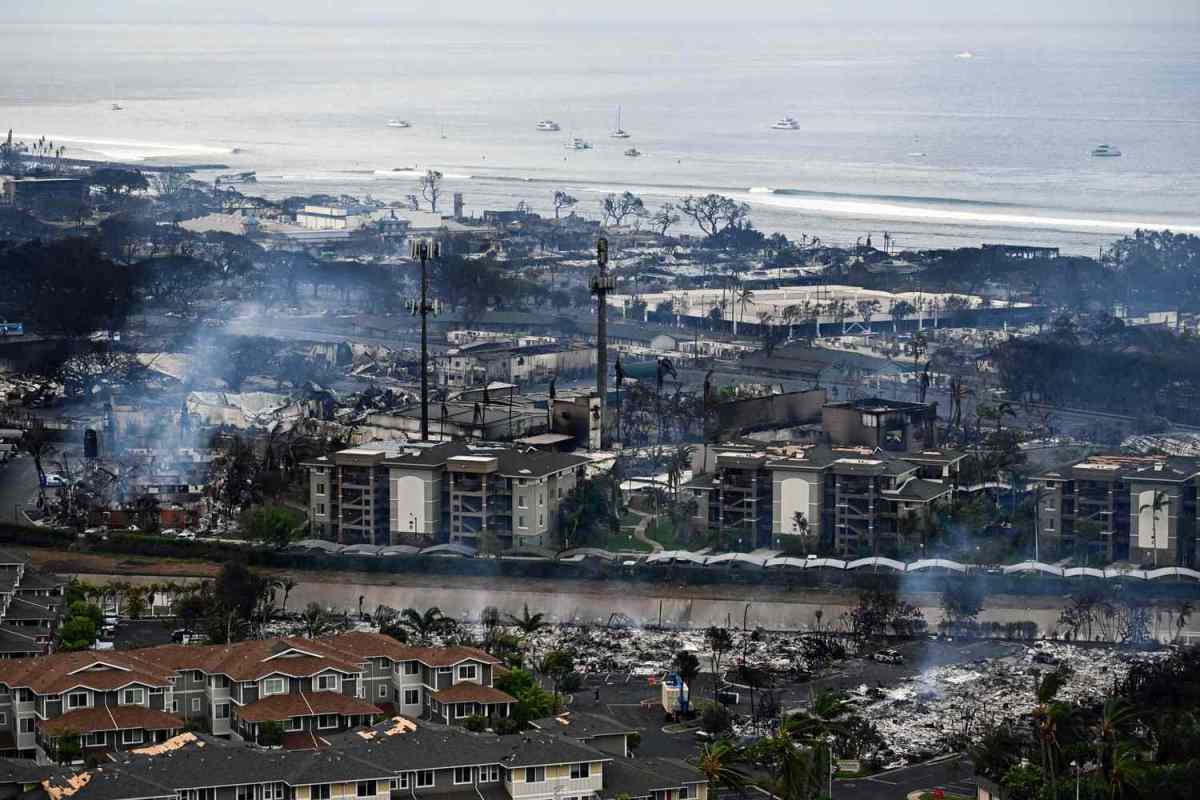
Wildfires have lasting consequences for Pacific Palisades, impacting the environment, economy, and the community’s sense of place. Understanding these long-term effects is essential for planning and resilience-building.
Long-Term Environmental Consequences
Wildfires can alter the ecosystem, affecting plant and animal life. Soil erosion and changes in water runoff can also have long-term effects on the landscape. The recovery of vegetation can take years, and the risk of future wildfires might increase in the short-term due to changes in the vegetation.
Economic Impact, Pacific Palisades: The celebrity Los Angeles area ravaged by wildfire
Wildfires can significantly impact the local economy. Property values can decrease, tourism can be affected, and the cost of rebuilding can strain local resources. The disruption of businesses and the loss of jobs can have lasting economic consequences.
Community Adaptation and Rebuilding
The community of Pacific Palisades has demonstrated resilience in the face of past wildfires. Through community-led initiatives, government support, and individual efforts, the neighborhood has rebuilt and adapted to the ongoing threat of wildfires. This ongoing process of adaptation and resilience is crucial for the future.
Community Response and Recovery Efforts
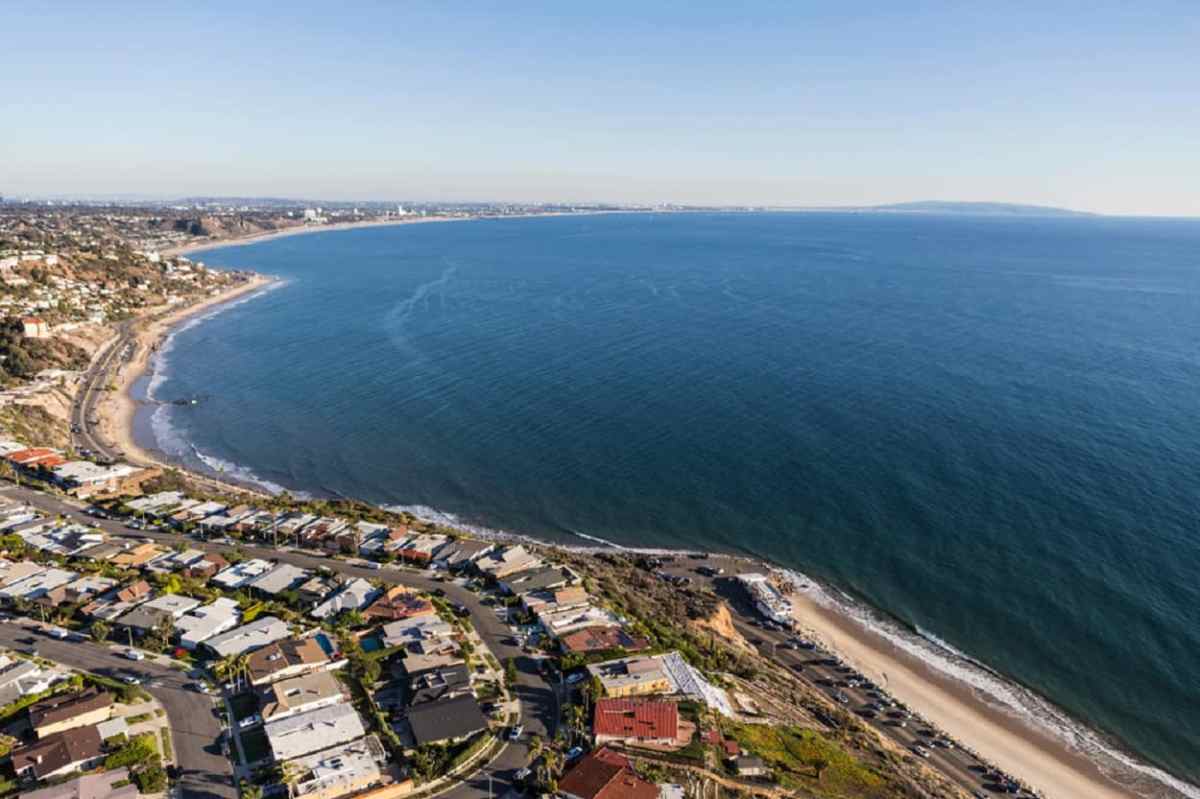
The community response to wildfires in Pacific Palisades is a testament to the strength and resilience of its residents. Acts of support, volunteerism, and community collaboration are vital during and after these devastating events.
Community Resilience and Support
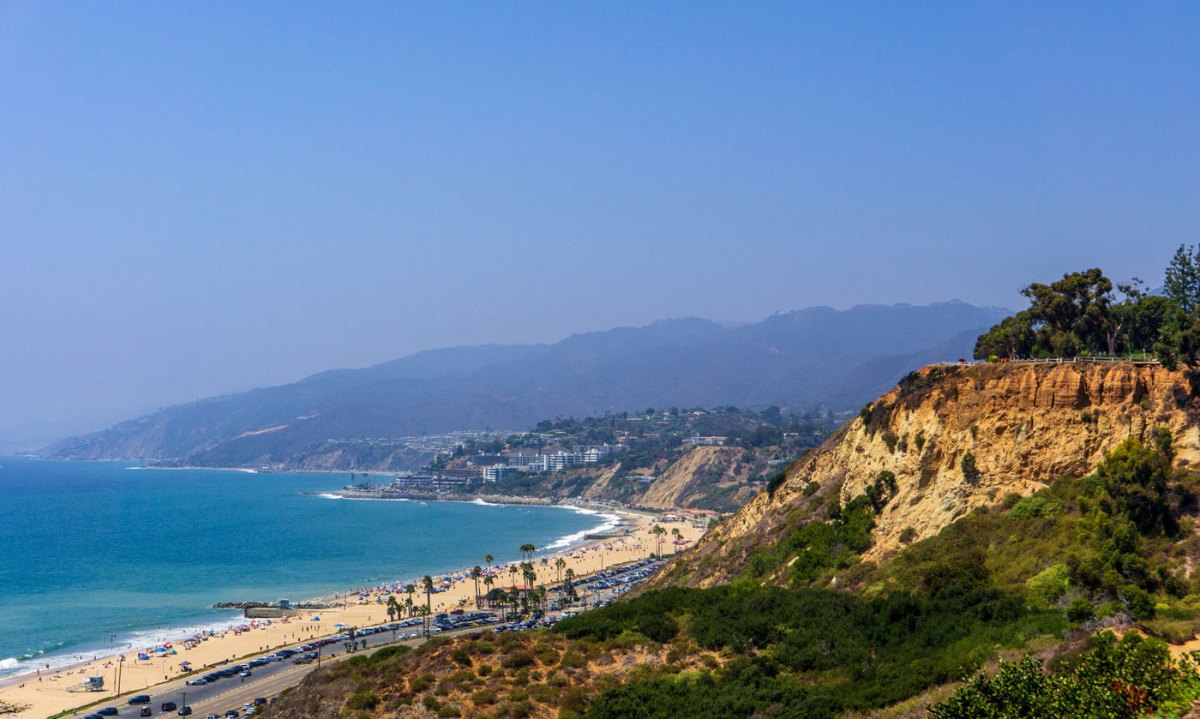
During wildfires, neighbors help neighbors, providing shelter, food, and emotional support. Community organizations play a key role in coordinating these efforts, ensuring that everyone receives the necessary assistance. This collective spirit is essential for navigating the challenges of recovery.
Examples of Community Aid
Examples of community aid include organized donation drives, volunteer cleanup efforts, and the establishment of temporary shelters. Local businesses often provide resources and support, and community leaders play a critical role in coordinating these efforts.
Narrative of Resident Experiences
Imagine a resident waking to the sound of sirens and the smell of smoke. The frantic rush to evacuate, the uncertainty of what will be left behind, the relief of safety, and the long road to recovery – these are the experiences shared by many residents. The rebuilding process is a testament to their strength and determination, rebuilding not only homes but also a sense of community.
Outcome Summary
The story of Pacific Palisades and its struggle with wildfires is a compelling example of both the destructive power of nature and the enduring spirit of a community facing adversity. While the impact on celebrity residents often captures headlines, the broader narrative encompasses the shared experiences and collaborative efforts of all who call this area home. Understanding the history, the challenges, and the ongoing preventative measures is crucial, not only for Pacific Palisades, but for other communities facing similar risks worldwide.
The lessons learned from this ongoing battle highlight the importance of preparedness, community collaboration, and sustainable land management in mitigating the effects of wildfires.
FAQ Insights
What types of homes are predominantly affected by wildfires in Pacific Palisades?
Wildfires impact a range of homes, from modest residences to large, luxurious properties. The type of construction and proximity to flammable vegetation are key factors, not necessarily wealth.
How does insurance coverage work after a wildfire in this area?
Insurance coverage varies depending on individual policies. Many high-value homes have specific wildfire coverage, but claims processing can be complex and lengthy.
What are the long-term health effects on residents from wildfire smoke?
Wildfire smoke contains harmful pollutants that can cause respiratory problems, eye irritation, and other health issues. Long-term exposure can increase the risk of chronic illnesses.
